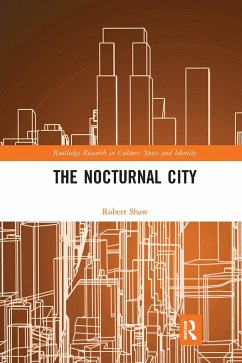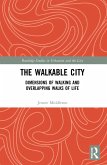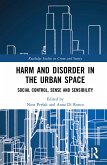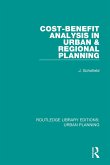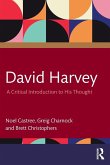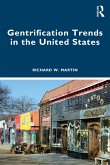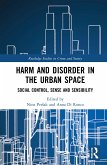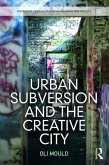Night is a foundational element of human and animal life on earth, but its interaction with the social world has undergone significant transformations during the era of globalization. As the economic activity of the 'daytime' city has advanced into the night, other uses of the night as a time for play, for sleep or for escaping oppression have come increasingly under threat.
This book looks at the relationship between night and society in contemporary cities. It identifies that while theories of 'planetary urbanization' have traced the spatial spread of urban forms, the temporal expansion of urban capitalism has been less well mapped. It argues that, as a key part of planetary being, understanding what goes on at night in cities can add nuance to debates on planetary urbanization.
A series of practices and spaces that we encounter in the night-time city are explored. These include: the maintenance and repair of infrastructure; the aesthetics of the urban night;nightlife and the night-time economy; the home at night; and the ecologies of the urban night. Taking these forward the book will ask whether the night can reveal some of the boundaries to what we call 'the urban' in a world of cities, and will call for a revitalized and enhanced 'nightology' to study these limits.
This book looks at the relationship between night and society in contemporary cities. It identifies that while theories of 'planetary urbanization' have traced the spatial spread of urban forms, the temporal expansion of urban capitalism has been less well mapped. It argues that, as a key part of planetary being, understanding what goes on at night in cities can add nuance to debates on planetary urbanization.
A series of practices and spaces that we encounter in the night-time city are explored. These include: the maintenance and repair of infrastructure; the aesthetics of the urban night;nightlife and the night-time economy; the home at night; and the ecologies of the urban night. Taking these forward the book will ask whether the night can reveal some of the boundaries to what we call 'the urban' in a world of cities, and will call for a revitalized and enhanced 'nightology' to study these limits.
"Shaw's book explores the way humans interface with the darkness that night brings while making the argument that the night should be, in and of itself, an object of research. The book takes the reader on a journey over time and space through the urban night. Throughout the book issues of race, gender, and sexuality are addressed. While the author notes there are "some gaps", this book provides a fairly comprehensive survey of geographical and social theories and research about the human experience at night. Further chapters in the book introduce such concepts as light pollution, nocturnal ecologies, the night-time economy, and the domestic night. The range of topics covered outlines just how much the night has an effect on both humans and ecological systems within the urban environment. -Robert Shaw, The Nocturnal City (London: Routledge, 2018), pp. 126, ISBN: 9781138676404

